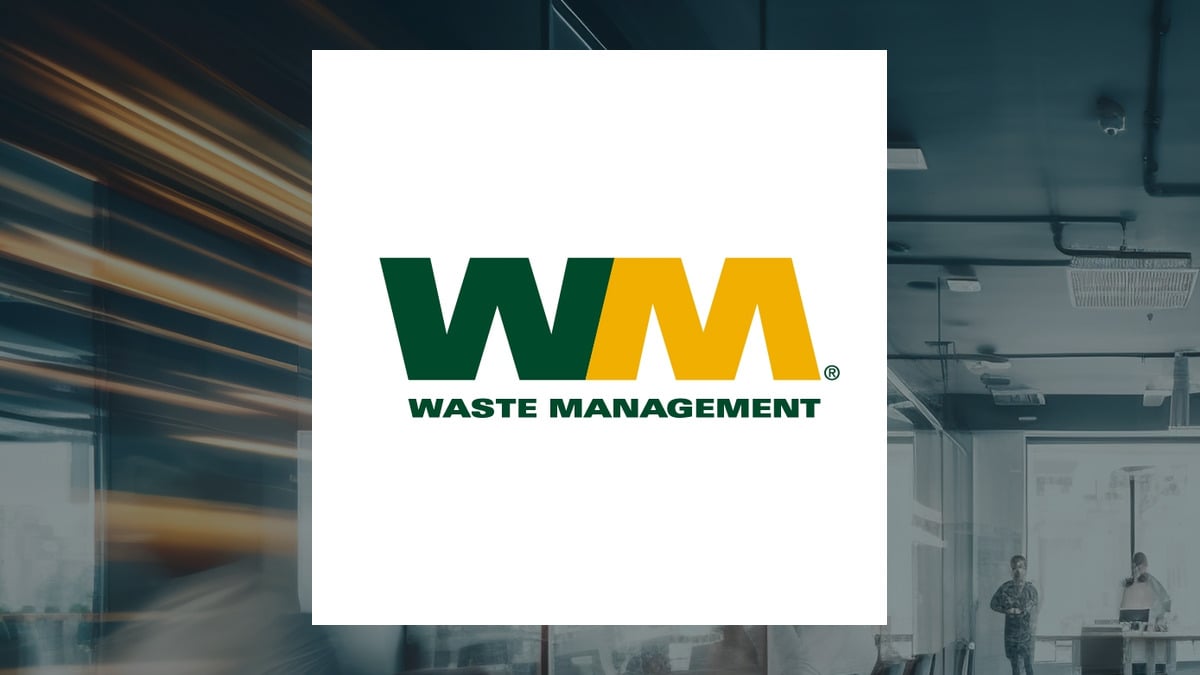
Businesses play a crucial role in addressing global warming, as their operations significantly influence the environment, the economy and society. Launching initiatives to combat climate change is essential to reducing carbon emissions, conserving resources, and promoting sustainable practices. Failure to act can result in costly disruptions from extreme weather events such as resource shortages and stricter government regulations.
Moreover, as a greater number of consumers search for eco-friendly options, businesses that adopt sustainable practices can gain a competitive egde.Their initiatives not only contribute to global climate goals but also foster innovation, drive cost savings, and ensure long-term profitability. Here's a closer look at how Thai businesses are progressing in addressing climate change challenges.

BoT preps phase 2 of drive for sustainability The Bank of Thailand is implementing phase 2 of its Thailand Taxonomy to standardise the transition of banks and local businesses towards sustainability. The Thailand Taxonomy Board released a draft of phase 2 for public consultation, which runs from Oct 28, 2024 to Jan 10, 2025. This phase covers four key business sectors: agriculture (including livestock, fisheries and forestry), building and real estate, manufacturing, and waste management.
The Thailand Taxonomy Working Group, which includes representatives from government agencies and the business and financial sectors, developed the taxonomy as a framework for classifying environmentally sustainable economic activities. Aligned with international standards while being tailored to Thailand's specific context, the taxonomy serves as a reference for identifying eco-friendly economic activities under a unified standard. It aims to facilitate efficient capital allocation, risk management, private sector investment and to guide public policies and measures, all in pursuit of Thailand's environmental sustainability goals.
Phase 1 of the Thailand Taxonomy, launched on June 30, 2023, focused on greenhouse gas mitigation in the energy and transport sectors, which are major contributors to emissions. "The working group is now preparing for phase 2, which will include additional economic sectors that either have a significant environmental impact or are highly vulnerable to natural disasters," said Roong Mallikamas, deputy governor for financial institutions stability at the central bank. While banks and large local corporations are largely prepared for the transition to sustainable business practices in line with international standards, small and medium-sized enterprises (SMEs) are facing more challenges.
As a result, the central bank is encouraging financial institutions to help SMEs make the transition to sustainability as well. To support this, the regulator has launched the "Financing the Transition" programme, which encourages banks to support local businesses in their sustainable transition. Under the programme, the central bank collaborates with eight commercial banks: Bangkok Bank, Krungthai Bank, Kasikornbank, Siam Commercial Bank, Bank of Ayudhya, TMBThanachart Bank, Kiatnakin Phatra Financial Group and UOB Thailand.
In phase 2, the central bank aims for banks to give more attention to helping SMEs transition to sustainable practices and adhere to environmental, social and governance standards in line with international norms. "We want banks to assist SMEs in transitioning from existing brown businesses to less-brown businesses. This would help SMEs improve business efficiency and strengthen competitiveness in a changing global economic landscape," Mrs Roong said recently.
'Green hospitals' gain traction Many hospitals are stepping up efforts to become "green hospitals" with an aim to reduce carbon dioxide emissions and ensure high environmental standard practices. Their projects range from increasing green areas to better dealing with energy and medical packaging issues to support the campaign against global warming. Vimut Holding Hospital Co, a unit of Pruksa Holding, a real estate developer, is developing an orthopedic centre in the Thong Lor area in Bangkok under a green hospital concept.
The centre is designed as an eco-friendly hospital that includes a suitable "healing" environment, offering a relaxing and calming experience for patients and their families during their stay, according to Dr Pichit Kangwolkij, group chief executive of Pruksa Holding. The construction is based on the idea of a new park in the capital, he said. The relaxing shady setting at the centre not only promises some curing effects among patients, but, environmentally, growing trees also provides a natural way to absorb carbon dioxide.
Army-run Fort Wachirawut Hospital, which is located in the southern province of Nakhon Si Thammarat, is interested in energy management issues. Under its strategy for 2023 to 2027, Fort Wachirawut Hospital aims to enhance all aspects of hospital and healthcare management to make itself medically, financially and environmentally stronger. The hospital is working on plans to better control costs and ensure wise energy usage to reduce unnecessary expenses, said Maj Gen Chokchai Kwanpichit, a physician and director of Fort Wachirawut Hospital.
Energy conservation is important to reduce the use of electricity from the state grid, which depends largely on fossil fuels. Natural gas from domestic sources and liquefied natural gas imports make up 60% of the fuels used to generate power in Thailand. Thonburi Healthcare Group Plc (THG) is also keen on better managing electricity usage.
It plans to install rooftop solar panels at its hospitals, with a goal to increase the proportion of renewable power usage to 20%. The company also wants to use light-emitting diodes for the lighting system at hospitals to save energy. In the transport sector, THG is transitioning from oil-powered cars to electric vehicles, promoting their use among staff and visitors by increasing the number of charging stations at its hospitals.
THG supports development of environmentally friendly medical packaging, such as medical plastic bags, as part of its goal to transform to a green hospital and lower carbon dioxide emissions. THG aims to achieve a net-zero target, a balance between greenhouse gas emissions and absorption, by 2030. The company announced it teamed up with a petrochemical firm to seek ways to make use of recycled plastics, potentially producing new packages for medicine.
The study will pave the way for its decision on whether to use recycled plastics or biological materials to make medical packages. If biological materials are used, it adds value to agricultural products, increasing revenue for farmers. THG is also interested in using garbage bags made from recycled materials.
Firms urged to harness carbon capture technology While planting more trees is a simple way to absorb carbon dioxide, many companies, especially those in the energy sector, need to adopt a more sophisticated method by installing carbon capture technology. Carbon capture, utilisation and storage (CCUS) technology is designed to capture carbon dioxide from power plants and industrial operations. The captured carbon dioxide can be compressed and stored in underground geological formations or used to produce a variety of products, including certain chemicals.
PTT Exploration and Production Plc (PTTEP), the petroleum drilling arm of national oil and gas conglomerate PTT Plc, is pushing ahead with its plan to use CCUS to store 1 million tonnes of carbon dioxide emitted during the gas production process at the Arthit gas block in the Gulf of Thailand. Kongkrapan Intarajang, president and chief executive of PTT, said the company is deciding on what types of storage facilities will be used to store the carbon dioxide, which will be liquefied. According to PTTEP, the CCUS pilot project is scheduled to commence operations by 2027.
The Gulf of Thailand offers great potential in terms of the storage of carbon dioxide, amounting to roughly 40 million tonnes a year, because, geographically, the terrain is a sink area, which is suitable for the storage of carbon dioxide. This is part of PTT's efforts to fight global warming, which include a plan to use hydrogen energy. The use of CCUS and hydrogen is costly, but they will be able to pave the way for PTT to earn more revenue in the long term, said Mr Kongkrapan.
In 2020, PTT and its subsidiaries emitted 44.9 million tonnes of carbon dioxide. SET-listed Banpu Power, the power generation arm of energy conglomerate Banpu Group, is also interested in CCUS.
It plans to first install CCUS at its gas production facility in the US. Banpu Power plans to start using carbon capture and sequestration technology in 2025 at its Barnett shale field in Texas to reduce carbon dioxide emissions during the gas production process. The company is focusing on carbon storage rather than utilising it.
Producing and delivering energy that generates robust cash flow may not be sufficient once the impact of global warming becomes more evident. Companies need to advance their decarbonisation efforts, said Banpu Power. F&B sector undergoing critical shift Thailand's food and beverage sector is experiencing a critical shift, driven by consumer preferences and government policies that prioritise sustainability.
In response to mounting environmental challenges, various countries are implementing policies such as the European Green Deal, the extended producer responsibility (EPR) framework, and Thailand's Sustainable Packaging Act. Meanwhile, a 2024 survey by GlobalData revealed that over 90% of Thai consumers prefer sustainable packaging when making purchasing decisions. As a result, food and beverage manufacturers are increasingly adopting renewable and recyclable materials to meet regulatory standards and cater to consumer demand while minimising their environmental footprints.
For example, Charoen Pokphand Foods (CP Foods) has increased the use of recycled materials in various packaging types, aligning with food safety regulations. It has launched fresh egg tray packaging made entirely from recycled PET plastic, which includes 55% post-consumer recycled plastic (PCR) and 45% post-industry recycled (PIR) plastics. It also uses paper labels instead of plastic stickers to promote easier waste separation and recycling.
Green packaging is a significant step in CP Foods' ambition to achieve net-zero greenhouse gas emissions by 2050. While the use of PCR plastic supports the concept of a circular economy, effective waste separation is essential for Thailand to ensure an adequate supply of well-stored used plastics, said Chaiwat Nuntiruj, group chief executive of Eka Global Co Ltd, a Thai plastic packaging company. The company currently offers three types of eco-friendly plastic packaging: bioplastic, biodegradable plastic, and PCR-based packaging.
Similarly, Betagro is working towards 100% eco-friendly packaging by 2030, adhering to the principles of reduction, reusability, recyclability and compostability. The company has introduced paper tray packaging for fresh pork and poultry products, which reduced plastic usage by up to 80%. These trays are made from eucalyptus tissue, a fast-growing and regenerative material, and are certified by the Forest Stewardship Council throughout the supply chain.
Thai Beverage Plc is also exploring innovative packaging, including the use of alternative materials and advanced production techniques to enhance sustainability. The company's efforts include optimising the design of glass and PET bottles to minimise weight, resulting in reduced material usage and lower carbon emissions during transport. Collaborating with SCG Chemicals Co Ltd and Dow Thailand Group, they have developed low-carbon, recyclable packaging solutions.
All efforts mentioned reflect a larger commitment to reimagining packaging, turning waste into a valuable resource within a circular economy. This shift lays the groundwork for a greener, more sustainable future for Thailand and the global community..














